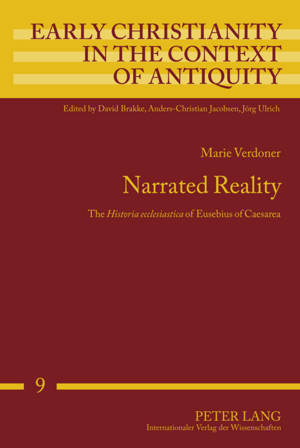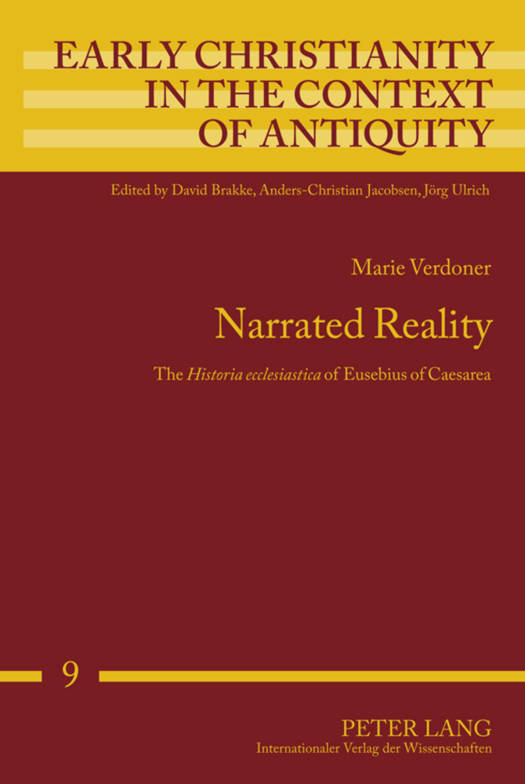
- Afhalen na 1 uur in een winkel met voorraad
- Gratis thuislevering in België vanaf € 30
- Ruim aanbod met 7 miljoen producten
- Afhalen na 1 uur in een winkel met voorraad
- Gratis thuislevering in België vanaf € 30
- Ruim aanbod met 7 miljoen producten
Zoeken
€ 69,95
+ 139 punten
Omschrijving
The Historia ecclesiastica of Eusebius took part in the cultural negotiations that attended the turn to a post-Constantinian Christianity. The immediate success of Historia ecclesiastica indicates its success in legitimizing the change process, and in conferring upon the Christian readers a past in keeping with their own situation. This book pinpoints the more or less fragmented concepts of history and world implied in Historia ecclesiastica and investigates what narrative(s) on the history of Christianity are contained in the work, and how Christianity and church are constructed as ideal entities. Differing from more conventional readings, where Historia ecclesiastica would be read as a more or less reliable document concerning the history of early Christianity, the book primarily reads the work as a text, pointing towards the cultural system which the text is itself a part of, but to which our access is only partial.
Specificaties
Betrokkenen
- Auteur(s):
- Uitgeverij:
Inhoud
- Aantal bladzijden:
- 208
- Taal:
- Engels
- Reeks:
- Reeksnummer:
- nr. 9
Eigenschappen
- Productcode (EAN):
- 9783631605882
- Verschijningsdatum:
- 18/08/2011
- Uitvoering:
- Hardcover
- Formaat:
- Genaaid
- Afmetingen:
- 156 mm x 234 mm
- Gewicht:
- 485 g

Alleen bij Standaard Boekhandel
+ 139 punten op je klantenkaart van Standaard Boekhandel
Beoordelingen
We publiceren alleen reviews die voldoen aan de voorwaarden voor reviews. Bekijk onze voorwaarden voor reviews.











